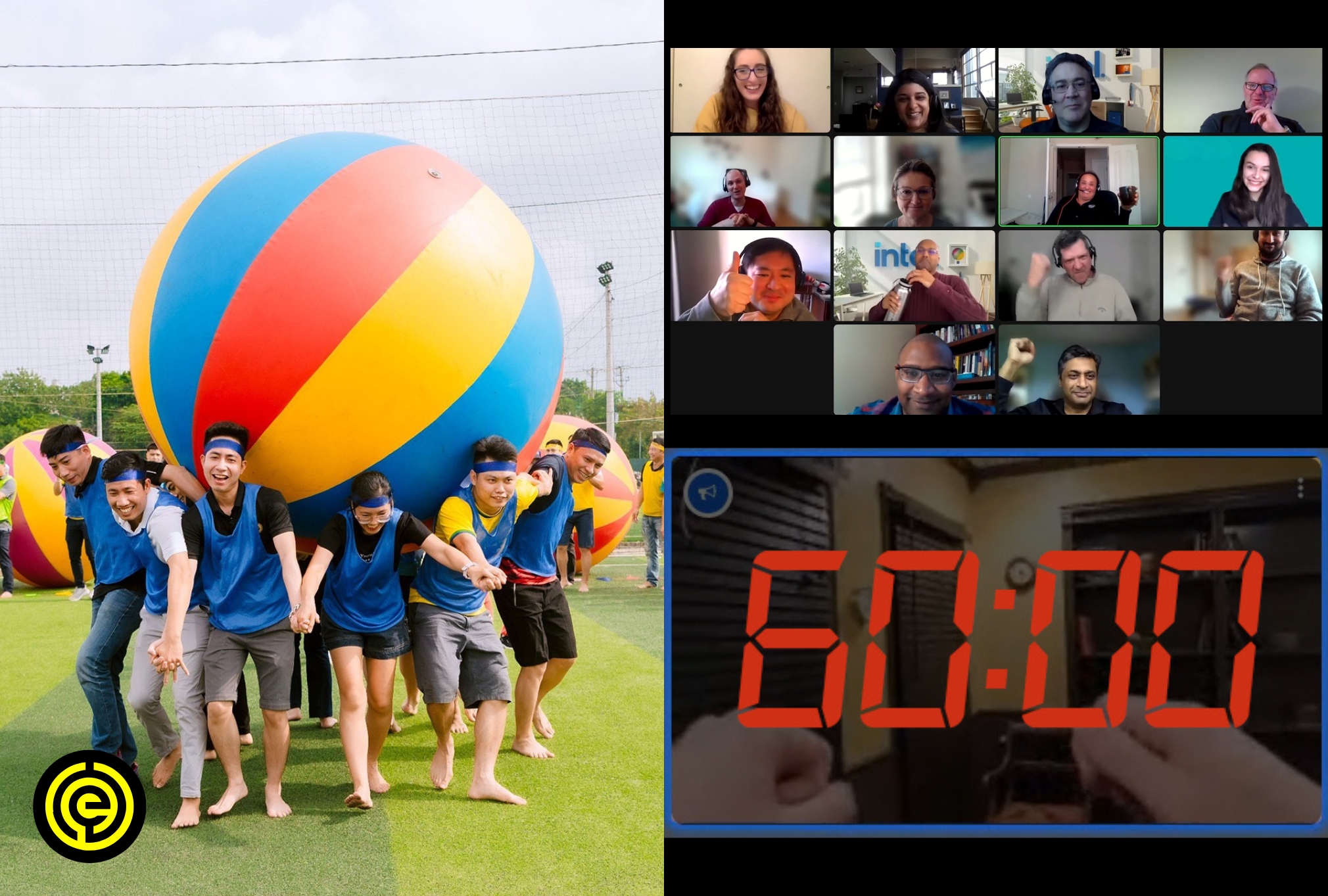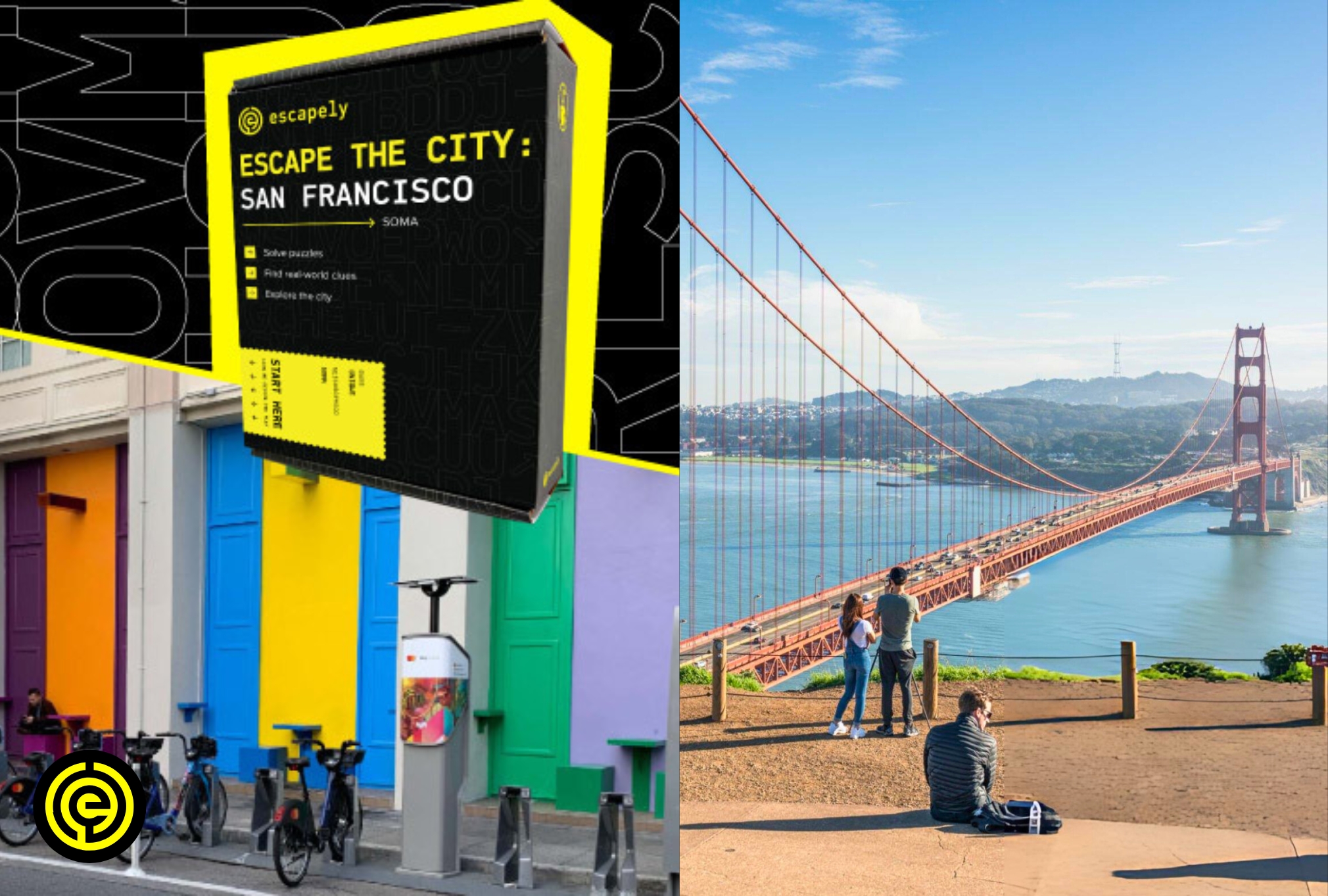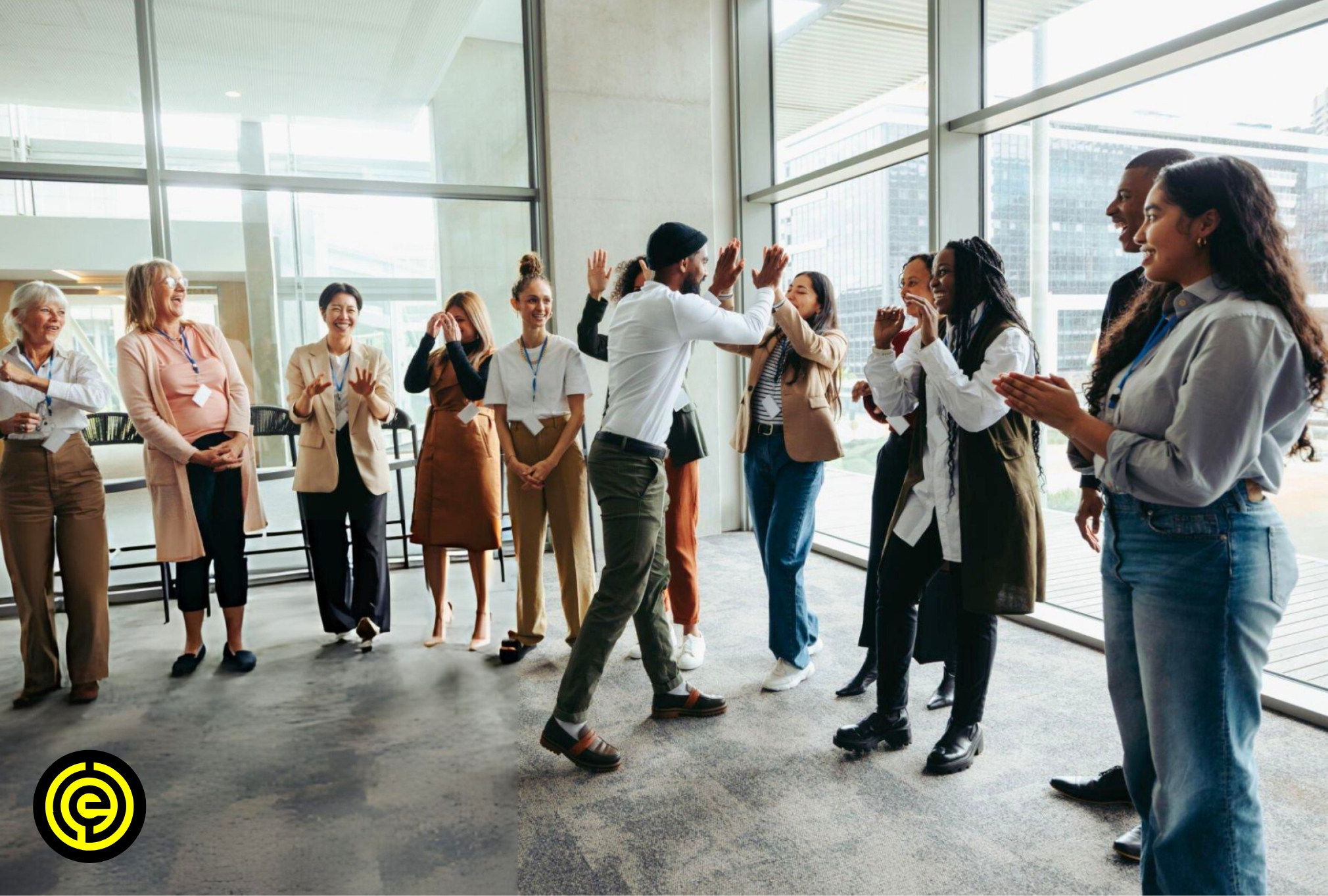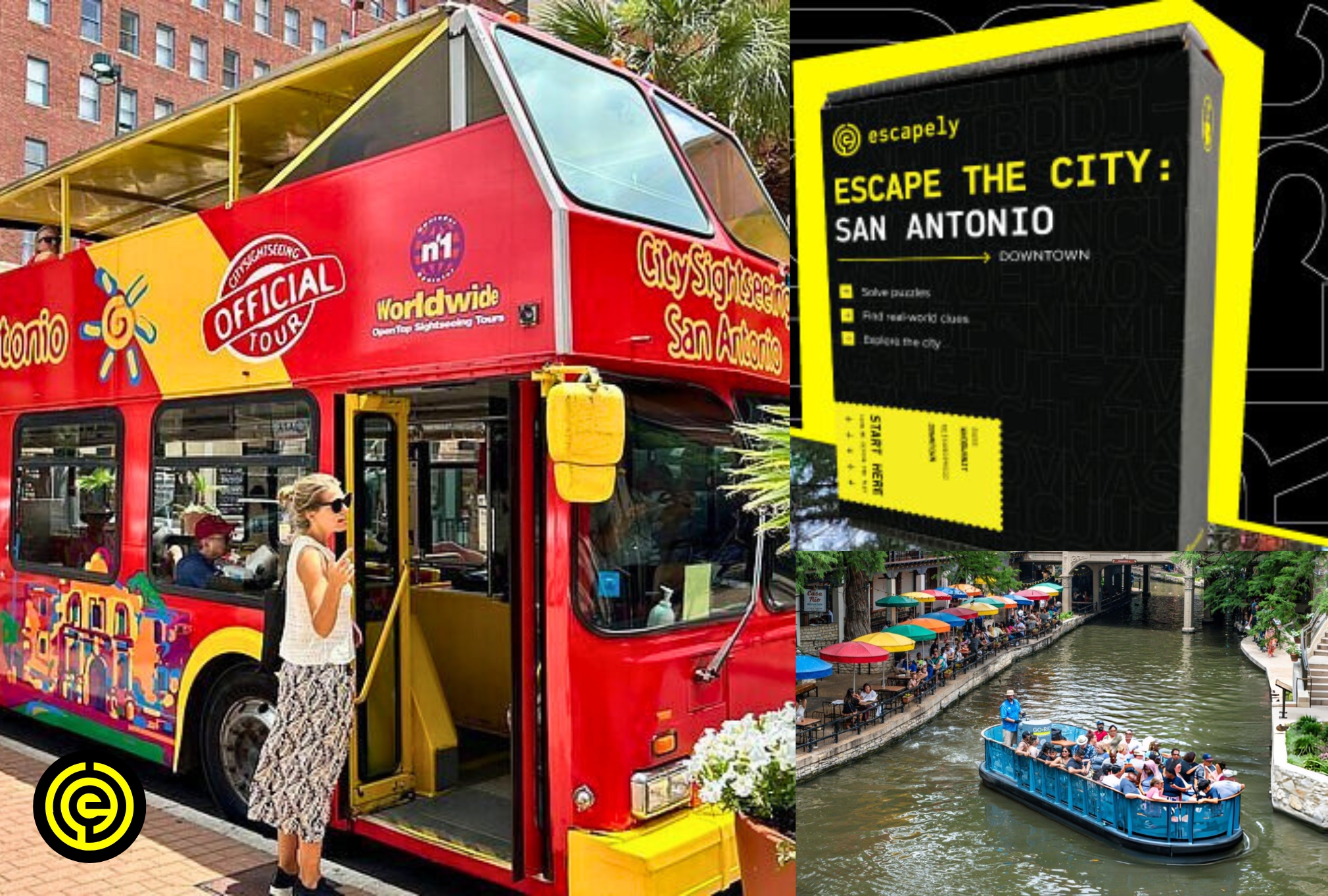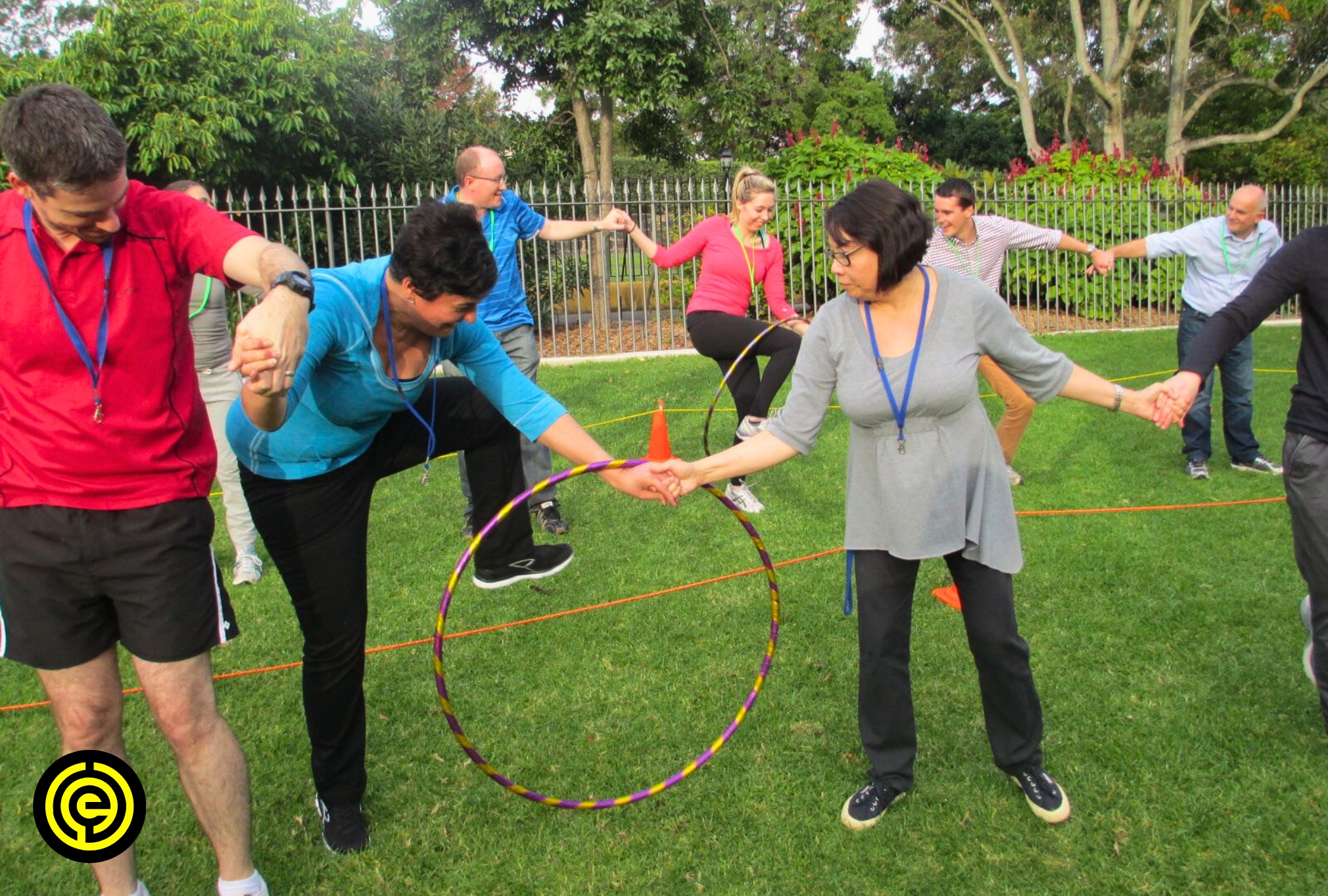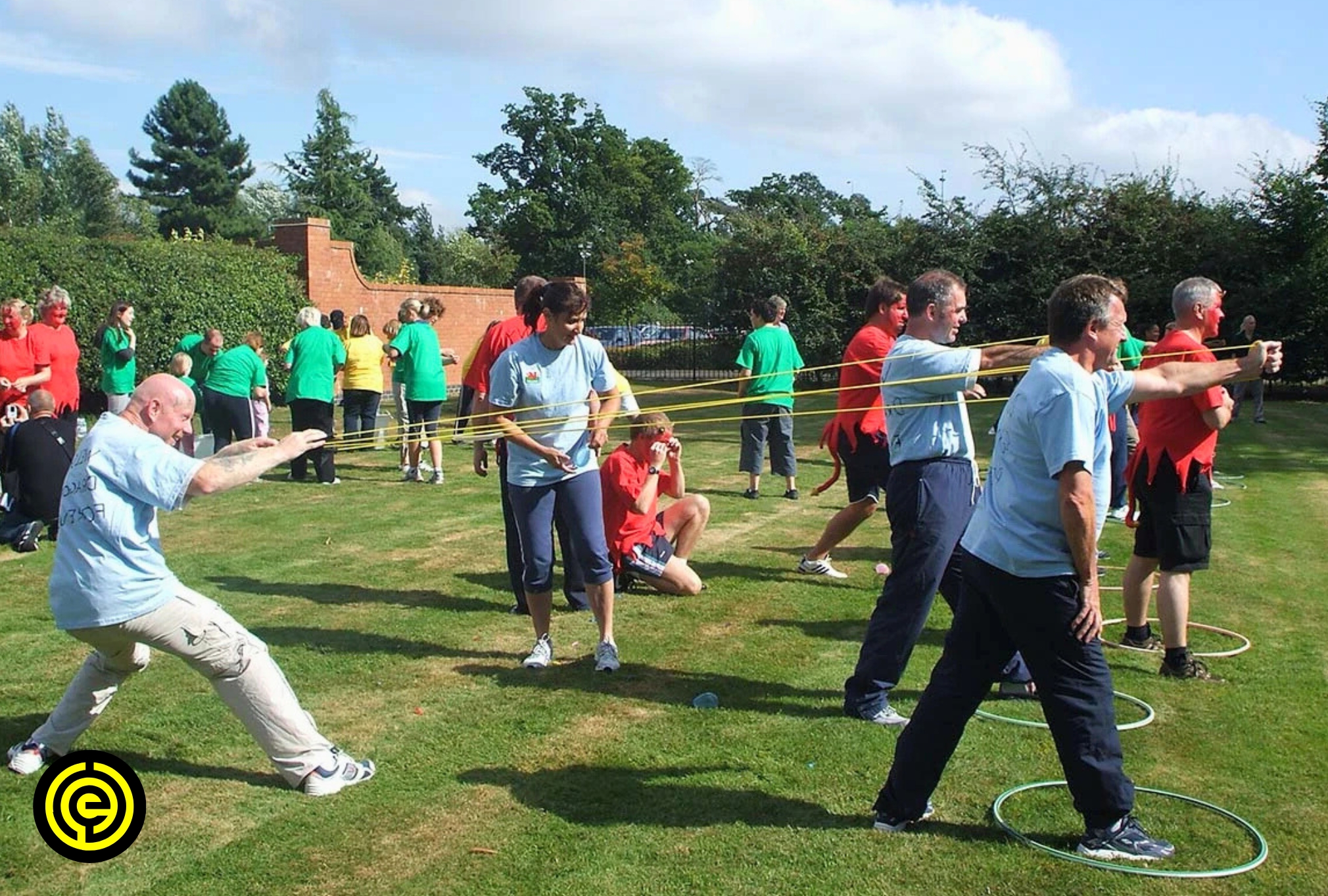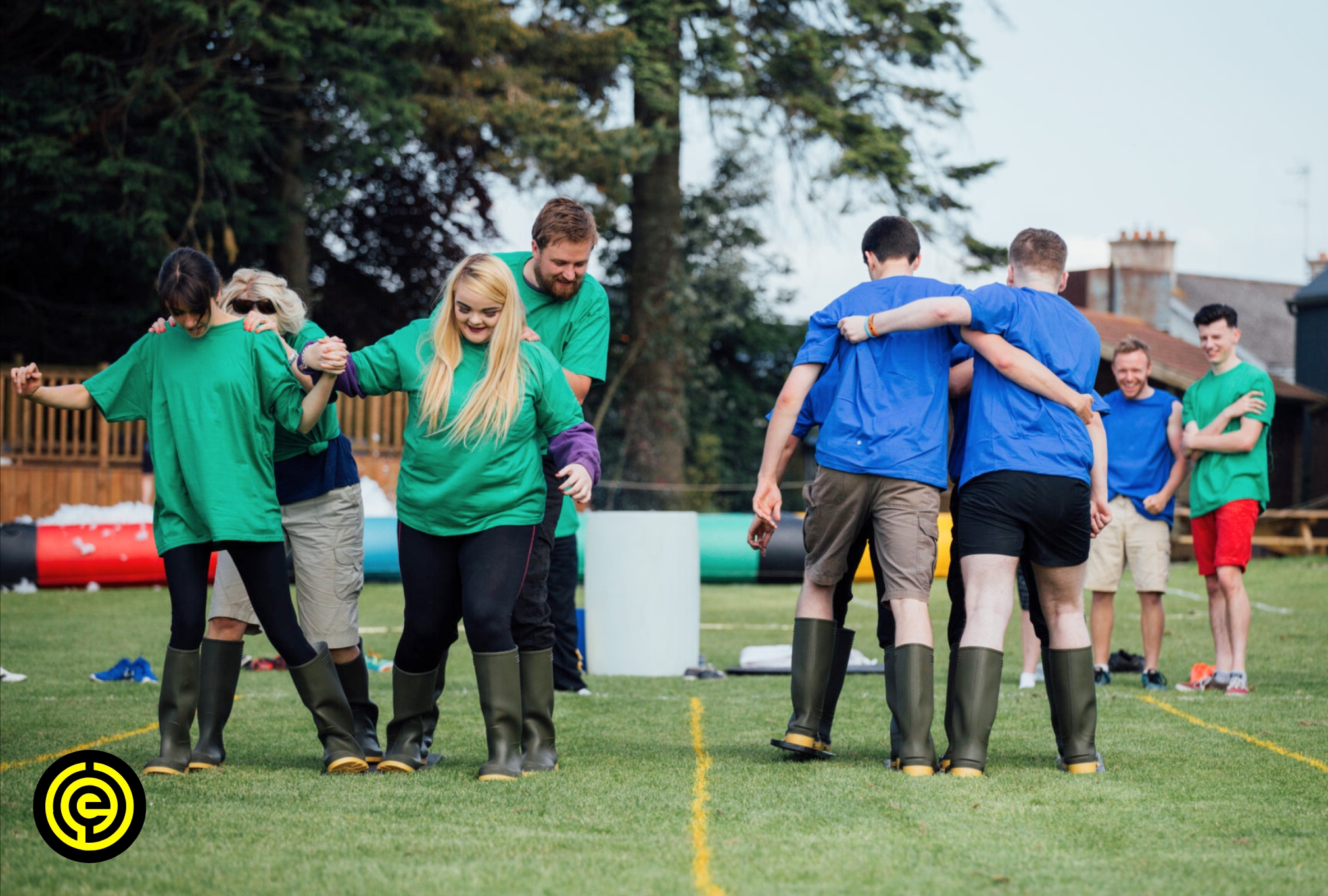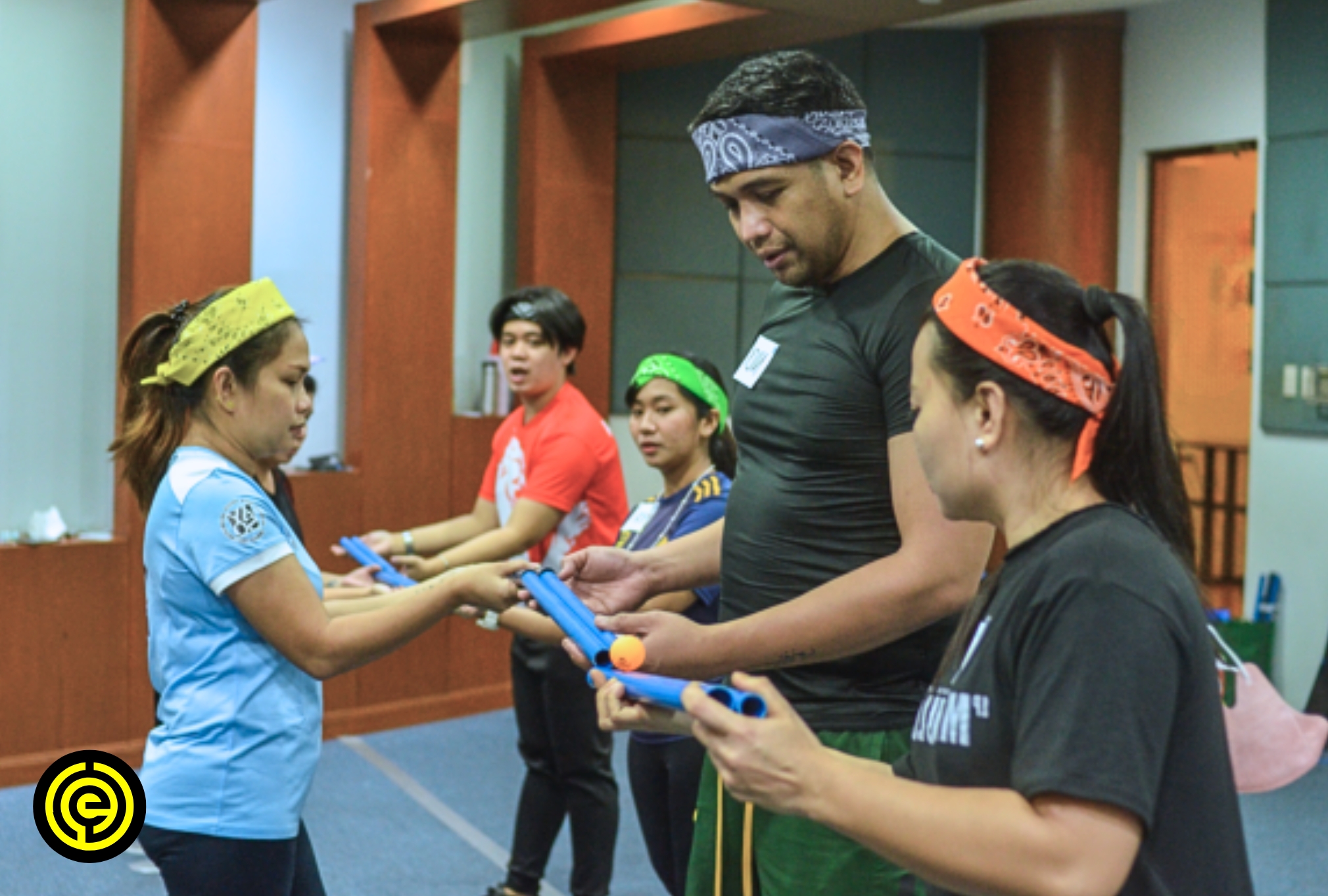Imagine walking into a meeting where no one speaks up, team members avoid eye contact, and collaboration feels nonexistent. This lack of communication can lower productivity and create a disengaged work environment.
In modern workplaces, where remote teams and hybrid structures are common, effective team building is essential for fostering a positive company culture and maintaining strong professional relationships.
Companies that invest in team-building activities create opportunities for employees to develop soft skills, increase productivity, and build positive relationships.
In this article, you will learn ten key benefits of team building and why it is important for improving workplace culture. If you want to bring teams together through engaging experiences, book a demo with Escapely today.
Enhances Communication
Clear and open communication is the foundation of a successful team. Without it, misunderstandings arise, productivity declines, and collaboration becomes difficult.
Team-building activities help employees develop effective communication skills by encouraging active listening, clarity in discussions, and stronger workplace connections.
A well-structured team-building exercise also allows employees to practice different communication styles in a low-pressure setting.
For example, a custom escape room requires team members to share information, delegate tasks, and work toward a common goal under a time limit.
This experience strengthens team performance by improving how employees express ideas and listen to others.
When employees connect through engaging challenges like these, they become more comfortable voicing their thoughts during their daily work.
Builds Trust Among Team Members
Trust is essential for good teamwork. When team members work in an environment built on trust, they feel more comfortable sharing ideas, taking initiative, and relying on each other.
Without trust, collaboration suffers, and employees may hesitate to communicate openly.
Team-building activities create opportunities for employees to connect in a setting that encourages transparency and accountability.
Activities like problem-solving challenges or trust exercises push employees to rely on other team members, strengthening their professional relationships.
When trust is established, teams function more effectively. Employees become more engaged, confident, and willing to support one another in achieving shared goals.
Are you ready to upgrade your next team building session? Book a demo to learn more about how we can level up your next team building event!
Boosts Morale and Engagement
A disengaged team struggles to stay motivated, leading to decreased productivity and higher turnover.
Luckily, team-building activities help create a more positive work environment by making employees feel valued, connected, and energized.
Fun activities, like team-building events or friendly competitions, provide a break from routine and encourage employees to interact more. These experiences foster positive relationships and build a sense of camaraderie among colleagues.
Employees also experience higher job satisfaction when they work in an environment that prioritizes morale and engagement. As a result, your team is now more productive, creative, and committed to achieving company goals.
Facilitates Conflict Resolution
Misunderstandings and differences in communication styles can create tension. However, workplace conflicts are inevitable, and they impact team performance. Therefore, it is essential to handle them properly.
Team-building activities provide a structured way to address conflicts by encouraging open communication and mutual understanding.
Engaging in problem-solving challenges, such as virtual murder mysteries, allows team members to practice handling disagreements in a positive work environment.
These activities help employees develop soft skills, such as patience, negotiation, and effective communication, which are essential for resolving workplace conflicts.
When employees feel comfortable expressing concerns and finding solutions together, workplace conflicts become opportunities for growth rather than obstacles.
Encourages Creativity and Innovation
Creativity drives problem-solving and innovation, both of which are essential for a successful team. However, rigid work environments can stifle creative thinking, making it difficult for employees to brainstorm fresh ideas.
Team-building activities provide a space for employees to think outside the box and develop innovative solutions. Activities that involve brainstorming sessions or design challenges encourage employees to collaborate.
For example, a “Reverse Pitch” exercise, where team members present unconventional solutions to a problem, promotes effective communication and creative thinking.
When teams engage in exercises that challenge traditional approaches, they become more confident in sharing ideas during day-to-day work.
A workplace that values innovation fosters stronger employee engagement and a more positive company culture.
Clarifies Roles and Responsibilities
A successful team functions best when every member understands their role. Without clear responsibilities, tasks can be duplicated, neglected, or mismanaged, leading to confusion and inefficiency.
Team-building activities help employees better understand their job functions and how they contribute to team performance.
Exercises like role-based problem-solving challenges or leadership rotations allow employees to assume different positions and help them see the bigger picture.
When team members work together in structured activities, they develop a stronger appreciation for each person’s contributions.
Role clarity also leads to improved productivity, reduced workplace conflicts, and better employee collaboration.
When everyone knows their responsibilities, they can focus on their strengths, making the entire company more efficient and goal-oriented.
Improves Collaboration and Teamwork
Strong teamwork activities create a culture where employees feel comfortable relying on each other.
When team members participate in team-building exercises, they learn to communicate effectively, share responsibilities, and support one another.
Participating in team-building opportunities outside of daily tasks—such as group problem-solving challenges or interactive games—reinforces the value of collaboration in a stress-free setting.
These experiences help employees build trust and develop soft skills essential for working together on projects.
When employees experience effective online and in-person team building, they become more engaged, proactive, and willing to support other team members.
Enhances Problem-Solving Skills
Effective problem-solving is a critical skill in any workplace. Teams often face unexpected challenges, and their ability to navigate them efficiently determines overall team performance.
Team-building exercises provide a controlled environment where employees can develop their critical thinking and decision-making skills.
Activities like scavenger quests or Escape the City present situations that mirror workplace problems, requiring team members to analyze situations, brainstorm ideas, and find creative solutions.
These exercises encourage effective communication and reinforce the importance of teamwork under pressure.
By engaging in team-building opportunities that require strategic thinking, employees become more confident in tackling complex issues in their day-to-day work.
Promotes Adaptability and Resilience
Workplaces are constantly evolving, and employees must be able to adapt to new challenges.
In-person and virtual team-building activities help teams develop resilience by encouraging quick thinking, flexibility, and problem-solving in unpredictable situations.
Simulated challenges, like time-sensitive problem-solving exercises or role-switching activities, push team members outside their comfort zones.
These experiences help employees build confidence in navigating uncertainty, making them more adaptable in their day-to-day work.
When employees regularly engage in team-building exercises that challenge them to think creatively, they become more comfortable handling workplace changes.
Strengthens Organizational Culture
A strong company culture brings employees together under shared values, goals, and expectations.
Frequent team-building events help employees feel more engaged and aligned with the company’s purpose.
Whether through problem-solving challenges or group discussions, these activities encourage open communication and employee collaboration.
Shared experiences also create a sense of belonging, making employees feel valued and motivated.
Overall, a positive company culture leads to increased job satisfaction, stronger team performance, and a workplace where team members work together toward a common goal.
Increases Productivity and Efficiency
A well-connected team works faster, communicates better, and achieves goals more efficiently.
Team-building activities help improve team performance by fostering effective communication, trust, and collaboration. This ensures tasks are completed with fewer misunderstandings, reducing possible delays.
When employees build strong positive relationships through team-building exercises, they develop a sense of accountability and shared responsibility.
A more connected team then leads to smoother workflows, better decision-making, and a more positive work environment for the entire company.
Key Takeaways on Why Team Building Is Important In the Workplace
Team building is crucial because it strengthens company culture, improves employee collaboration, and boosts overall team performance.
When employees engage in team-building activities, they develop stronger communication skills, build trust, and become more adaptable in a fast-changing work environment.
Investing in team-building opportunities enhances problem-solving abilities and fosters a positive work environment. This leads to increased employee engagement, productivity, and job satisfaction.
A connected team is then more motivated, efficient, and prepared to tackle workplace challenges.
To experience all the benefits of team building firsthand, consider incorporating fun activities that bring teams together.
Ready to improve your workforce with engaging, expert-led experiences? Book a demo with Escapely today and transform your team dynamics.
Frequently Asked Questions (FAQs)
Team-building activities help create stronger, more connected teams. Below are answers to common questions about their impact.
What Are the Key Benefits of Team Building In the Workplace?
Team building has key benefits, including improved communication, increased trust, enhanced employee morale, and higher productivity.
These activities strengthen relationships, improve collaboration, and enhance workplace effectiveness. Overall, a well-connected team fosters engagement and reinforces company values.
How Often Should Organizations Conduct Team-Building Activities
Organizations should conduct team-building exercises regularly, with frequency depending on company size and culture.
Small teams may benefit from monthly activities, while larger organizations may schedule events quarterly. Regular team-building keeps communication strong and collaboration seamless.
Can Team-Building Activities Be Effective in Remote or Hybrid Work Environments?
Yes, team-building activities can be just as effective for remote teams and hybrid workplaces. Activities like virtual escape rooms, online trivia, and virtual holiday parties keep remote teams engaged and connected.
These activities create opportunities for employees to connect despite physical distance, fostering a stronger workplace culture.
Are you ready to upgrade your next team building session? Book a demo to learn more about how we can level up your next team building event!

